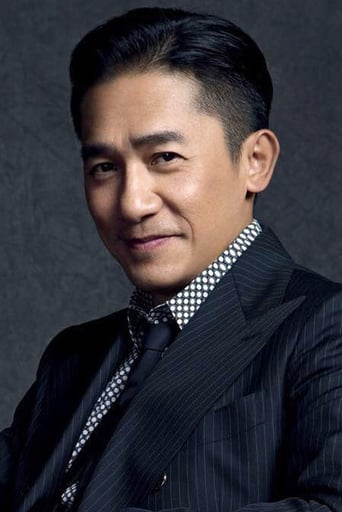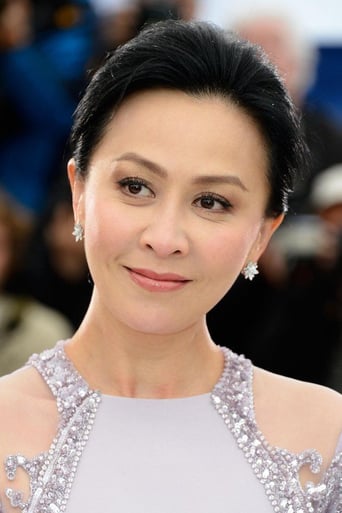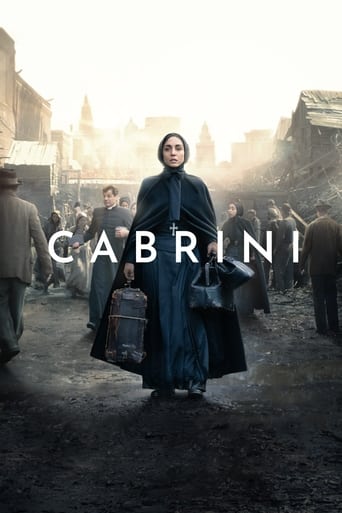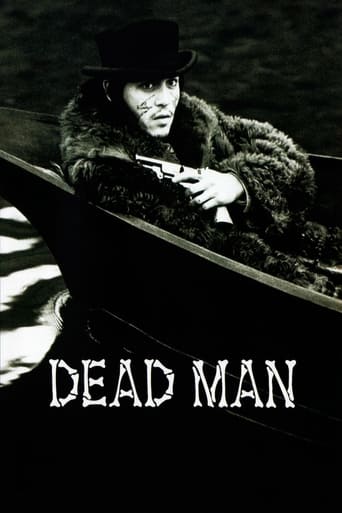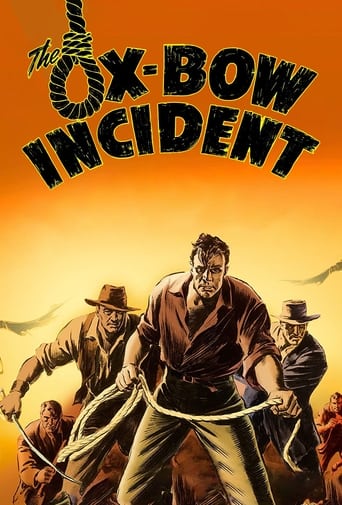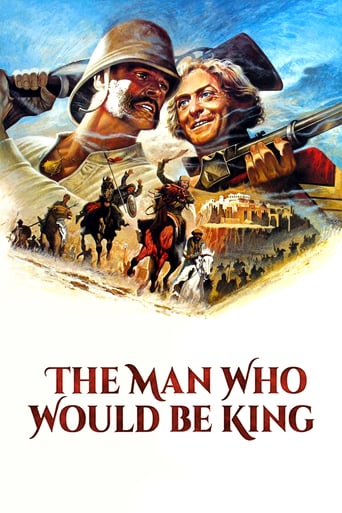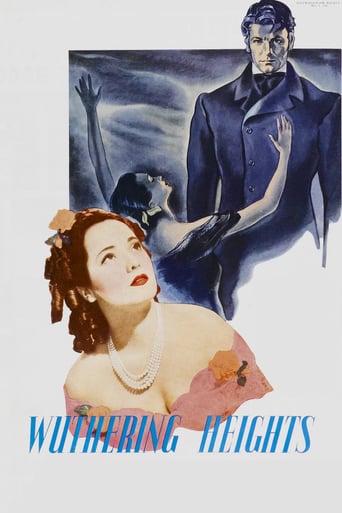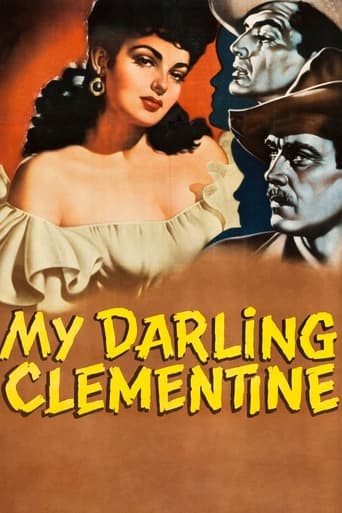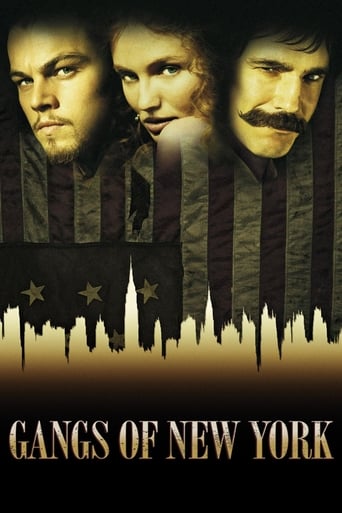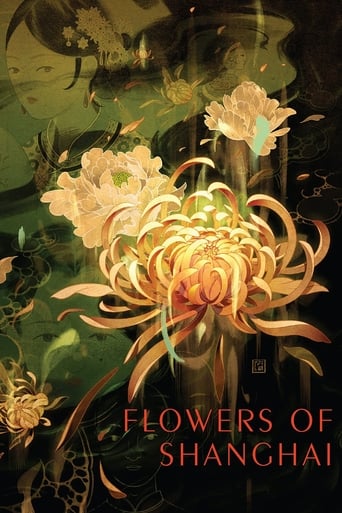

Flowers of Shanghai (1998)
At the end of the 19th century, Shanghai is divided into several foreign concessions. In the British concession, a number of luxurious “flower houses” are reserved for the male elite of the city. Since Chinese dignitaries are not allowed to frequent brothels, these establishments are the only ones that these men can visit. They form a self-contained world, with its own rites, traditions and even its own language. The men don’t only visit the houses to frequent the courtesans but also to dine, smoke opium, play mahjong and relax. The women working there are known as the “flowers of Shanghai”.
Watch Trailer
Cast
Similar titles
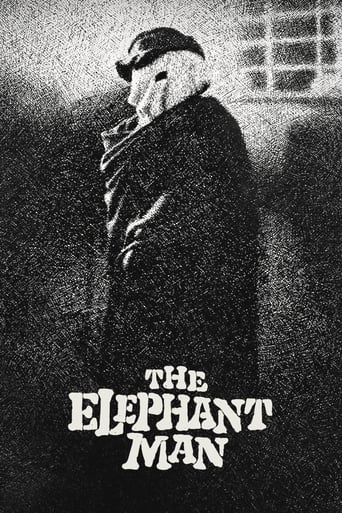
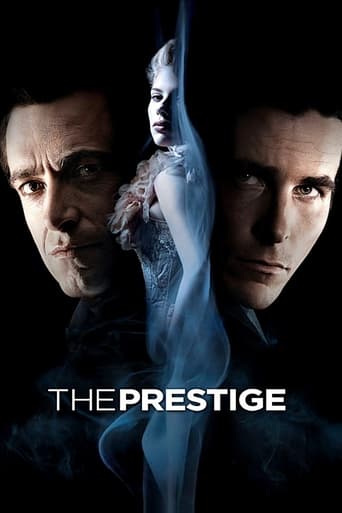
Reviews
Good story, Not enough for a whole film
Beautiful, moving film.
The movie turns out to be a little better than the average. Starting from a romantic formula often seen in the cinema, it ends in the most predictable (and somewhat bland) way.
what a terribly boring film. I'm sorry but this is absolutely not deserving of best picture and will be forgotten quickly. Entertaining and engaging cinema? No. Nothing performances with flat faces and mistaking silence for subtlety.
I feel like the human spirit almost completely disappeared into the opium smoke in this one, and I think that's Hou's and screenwriter Chu's intention, telling of a kind of fin-de-siecle decadence that mirrored their feelings about Taiwan and the world in the late 90s. Pretty, but ultimately vacuous and bleak, riddled with decay and death, perverse on the inside. (The preceding 'Goodbye South, Goodbye' and succeeding 'Millenium Mambo' are in the same vein.) It's a somewhat one-sided and curmudgeonly lamentous philosophical view of things, though, in my opinion.It's interesting the writer Eileen Chang originally translated Han Bangqing's novel from Wu into Mandarin because she was attracted precisely to the grand realism of the everyday human dynamics and stories in the book, to its profound warmth, especially in the foibles and failings of its characters. Here that's all but vanished, and we're left with a pretty surface, a scintillating exterior like a Faberge egg, with a void inside. Warmth in the film becomes stuffiness, smoke, suffocation, dark claustrophobic paranoia. It's cynical (but cynicism is simply the flipside of naivite), and I suspect it's more Chu's doing than Hou's. Hou's earlier films weren't like this; it's only when Chu became the sole writer (after co-writer Wu Nien-jen's departure after GSG) that Hou's movies became more and more self-gazing and decadent/indulgent.Which makes me wonder, what would another director (eg Edward Yang) have done with the same material?
I find this movie to be slow paced and boring, while it brings up the subjects of class, gender and the down falls we take in life splendidly. I found my self wishing that this would end quickly, this film almost seemed like it was in a haze the character stuck the ruts of life, trying to claw their way out. Included in this film was heavy opium use, this I found interesting. The costuming while beautiful and drool worthy added very little to these indecisive characters.Slowly true intentions are brought to the surface and a bit to slowly, the crispness that often appears in films of this nature is gone leaving you with a gritty feel. I am sad to say that this barely passes the test, despite its many awards and nominations I found myself bored. Not the worst but also not best.
First, a disclaimer: I love so-called "art films", from Cocteau and Eisenstein to David Lynch and Krystof Kieslowski. I have a long attention span and am willing to extend considerable effort towards appreciating any work of art.Having said that, The Flowers of Shanghai was largely a disappointment. Yes, the sets and costuming are sumptuous. True, the mood evoked by the film is seductive. And the subject matter--the relationships between courtesans and their clients--is at least provocative. But for a number of reasons, Hou fails to deliver a film that rises above those elements.The reasons are many. First, the plot is minimal--hardly compelling--mostly relying upon the petty machinations between the courtesans and the clients who try not to become too involved with them. But such a minimal plot can only engage if we become involved in the characters, and this is very difficult to do.That's problem number two: the characters simply aren't compelling. The men tend to be equivocal and emotionally distant. The women tend to be shallow and manipulative. Since there are essentially no close-up shots, and the physical expressions are very restrained, we have no sense of people's emotional states. There is not one character that we can really care about.Third: the editing is leisurely. Really leisurely. Glacial. Very few directors can pull off a five minute interior shot with almost no dialogue or action; Ozu was one. But Hou--although better than many contemporary directors--isn't up to Ozu's level by a long shot. Hou's scenes, unlike Ozu's, don't so much engender our contemplation as they engender tedium. A director has to be able to recognize when a scene has come to the end of its life; this he doesn't seem to be able to do.A note to the curious: every shot in this film is an interior shot; you never see the outdoors--not even the sky through the windows. And despite the subject matter and the warnings of adult content on the box, there are no sex scenes; there is no nudity. Structure-wise, the film depicts three activities: men playing "rock, paper, scissors" around a table, people having their little dramas in private, and people brooding.That's basically it.I would like to be able to say that The Flowers of Shanghai was more than just a 2-hours-plus visual curiosity, but it simply isn't. And more the shame because of its wasted potential.
"Flowers of Shanhai" is a stunningly beautiful film, elegantly visualized and intriguingly scripted. It explores not only the conflicts between individuals, but also issues of gender and class, and the way in which the people in power find their lives eroding under the influence of opium, foreign currency, and the buying and selling of sexual favors and social influence. The intricate connections between older and younger businessmen, older and younger courtesans, masters, mistresses, and servants, and people of differing degrees of wealth and influence, are all examined as prostitutes try to buy their freedom, or find reasons for staying in the brothels even when someone wants to buy their freedom for them, and as both men and women fix themselves on paths to self-destruction. Calling it too slow paced for a modern audience rather misses the point. Certainly there aren't many car chases or gunfights in it, and if one defines pace only in terms of physical action, it might be fair to call it slow. For audiences with an attention span of longer than 60 seconds and an interest in psychological action rather than physical action, it moves right along. In fact, I found myself having to rewind and view several scenes again because they developed too fast for me to follow as I took in the subtitles. I was very pleased at its lack of Hollywoodism. It's the kind of film "Age of Innocence" might have been if "Age of Innocence" had relied more on acting and less on posing in its cultivation of emotional intensity. In "Flowers of Shanhai," melodramatic action is depicted as a weakness displayed by characters, rather than being exploited as a way of sustaining the audience's interest in a character-based story in which the director has no confidence.
